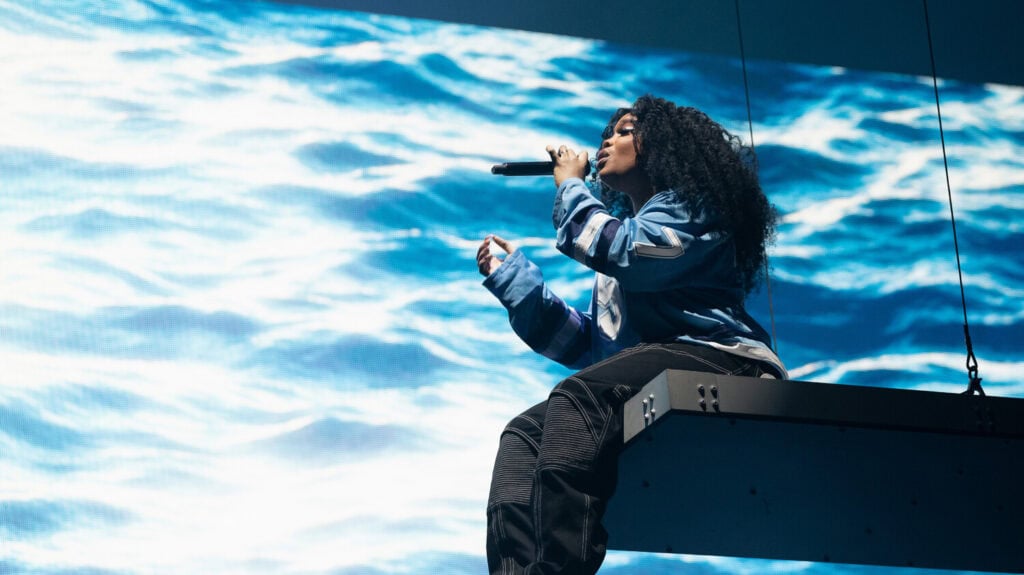Music fans are finding it tougher than ever to secure concert tickets. Boardroom breaks down the complicated world.
Fans across the US are craving concerts.
As the 2023 concert season offers fans an unparalleled selection of the biggest names in music — including Beyoncé, Taylor Swift, and SZA — many tours are on track to break revenue records. Both Swift’s Eras Tour and Beyoncé’s Renaissance Tour could generate a billion dollars, dethroning Elton John’s 2021 Yellow Brick Road Tour, which currently holds the all-time record for gross earnings at $800 million.
Amid elevated demand, the past year of live shows has highlighted the friction that exists between artists, ticketing companies, and fans. Simultaneously, ticketing companies are launching new pricing models to not only handle higher demand, but better extract the true monetary value of concert tickets.
All of this is happening amid a changing music landscape where streaming is king. However, the shift to digital music has dealt a blow to artist profits, making them more dependent on tour revenue.
Although LiveNation and Ticketmaster (rightfully) receive an outsized portion of people’s ire when it comes to ticketing fiascos, a closer look reveals a number of competing variables driving prices and limiting access with rising demand. Let’s breakdown the complicated world of ticketing.
Concert Tickets: A Skyrocketing Demand
The most in-demand concerts all have a singular truth – the supply of seats cannot meet the overwhelming demand.
The biggest ticketing story of the last 12 months was the epic kerfuffle that surrounded the Taylor Swift ticket release. In the wake of fans’ sweeping disappointment and frustration, quick calculations showed the demand for Swift tickets could have filled 900 stadiums. However, one woman can only do so much.
Swift’s tour is just one example in which supply and demand are severely mismatched. While your favorite NBA team plays 82 games a year, a tour run is intrinsically limited. Paired with some acts only hitting the road every couple years, and fans are best suited starting savings accounts for the occasion.
Booking Prices Are on the Rise
The price of the brick is going up.
Artists are commanding more money upfront than ever before. For Taylor Swift’s “Eras Tour,” the singer is reportedly earning more than $10 million per show. Higher guarantees aren’t just a way to capitalize off high-ticket demand. They reflect a broader shift in the business of music.
This evolving economic model may seem confusing when the recorded music industry has experienced double-digit growth annually over the past decade. However, when adjusted for inflation, the $15.9 billion generated in 2022 still doesn’t match the 1999 CD era peak, which saw revenues top $24.5 billion. This has forced artists to explore alternative revenue streams to better extract the what fans once brought to recorded music.

The Complicated Economics of Concert Tickets
In the past decade, the average ticket price for the top 100 North American tours increased 55% to $94.83. Inflation, supply chain issues for touring equipment, and hiring trained event staff have each contributed to a complicated formula, significantly driving up the price tag of touring.
Fans shoulder a lot of the cost for these surges, and demand a performance that matches their investment. This leads to additional costs for the artists, resulting in a vicious cycle where fans are forced to pay big bucks to see their favorite stars.
The Bots Are Out to Get You
A secondary market has long been a part of the live show experience. However, instead of scalpers sprinkled outside of an arena misdirecting local authorities with “I need a ticket” signs, bots have become an evil competitor in the race to get tickets. The outsized impact of bots stems back to the 2010s, but the industry has made little progress in controlling their impact. The tension between scalpers and ticketing companies has never been higher, as each party continues to carve out a portion of the $21 billion secondary ticketing market.
The issue has even commanded the attention of Congress. The Better Online Ticket Sales (BOTS) Act has made it illegal to use bots to buy tickets and mark them up. However, machines continue to outsmart policies.
With innovations like Ticketmaster’s Verified Fan and recently experimented NFT token gated ticketing models, it might be safe to assume that bots could be less of an impact in the future as technology around these issues continues to become more sophisticated.
Fans Stay Committed
Despite the sky-high costs, fans are more committed than ever to doing what it takes to get a seat. A study showed that 87% of fans will cut back on other spending to see their favorite artists.
At this point, it’s basic economics. The market is essentially matching what the fan is willing to pay. It’s showcasing that, at the end of the day, the live music fan remains unfazed by rising concert prices.